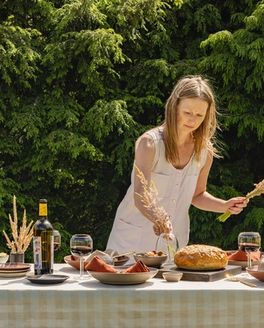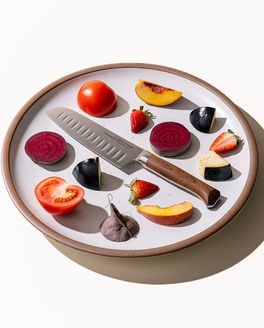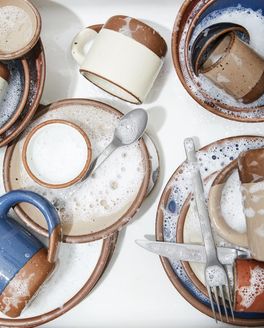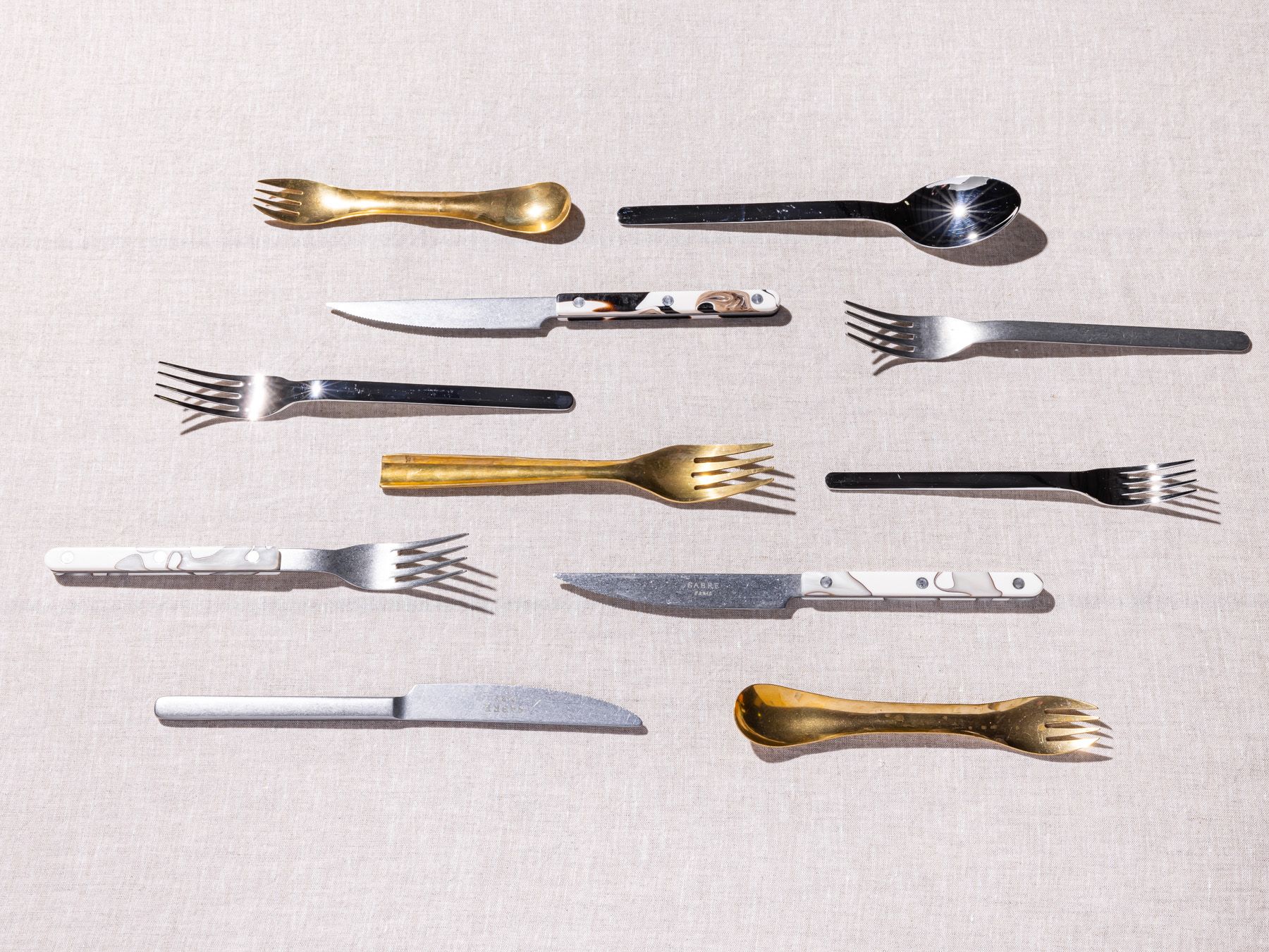
How to Choose a Flatware Set
The spoon we use to stir honey in peach oolong tea. The fork that brings a wedge of roasted potato to our lips. The knife that spreads raspberry jam across a slice of toasted sourdough.
Whether we call it flatware, silverware, or cutlery, these tools deserve some time in the spotlight. Since we use flatware three times a day (or sometimes more), we made sure our favorite sets hit the high notes of comfort, quality, durability, and style.
Our Flatware Favorites
Loft Stainless Steel
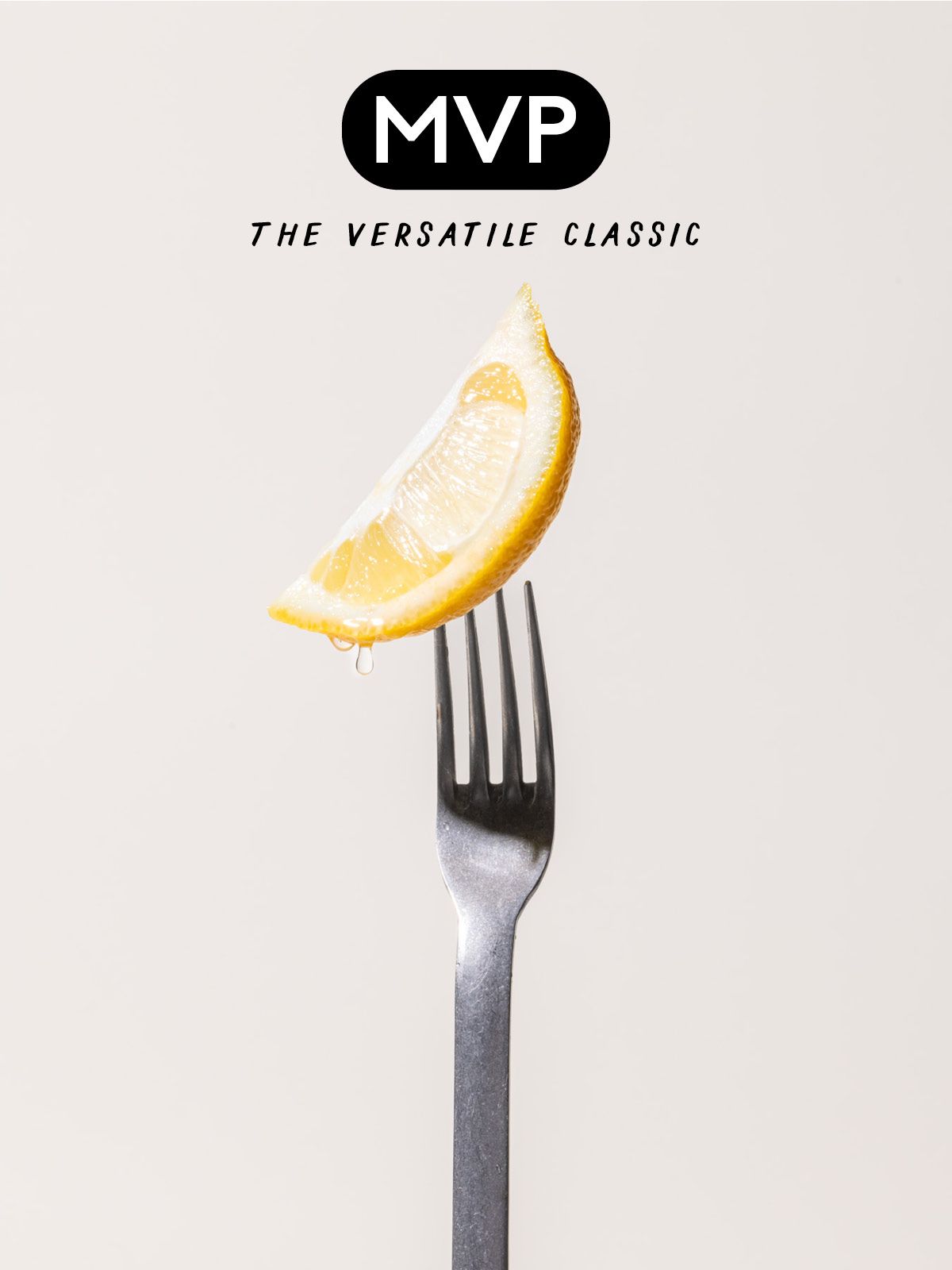
Stacking Brass Flatware
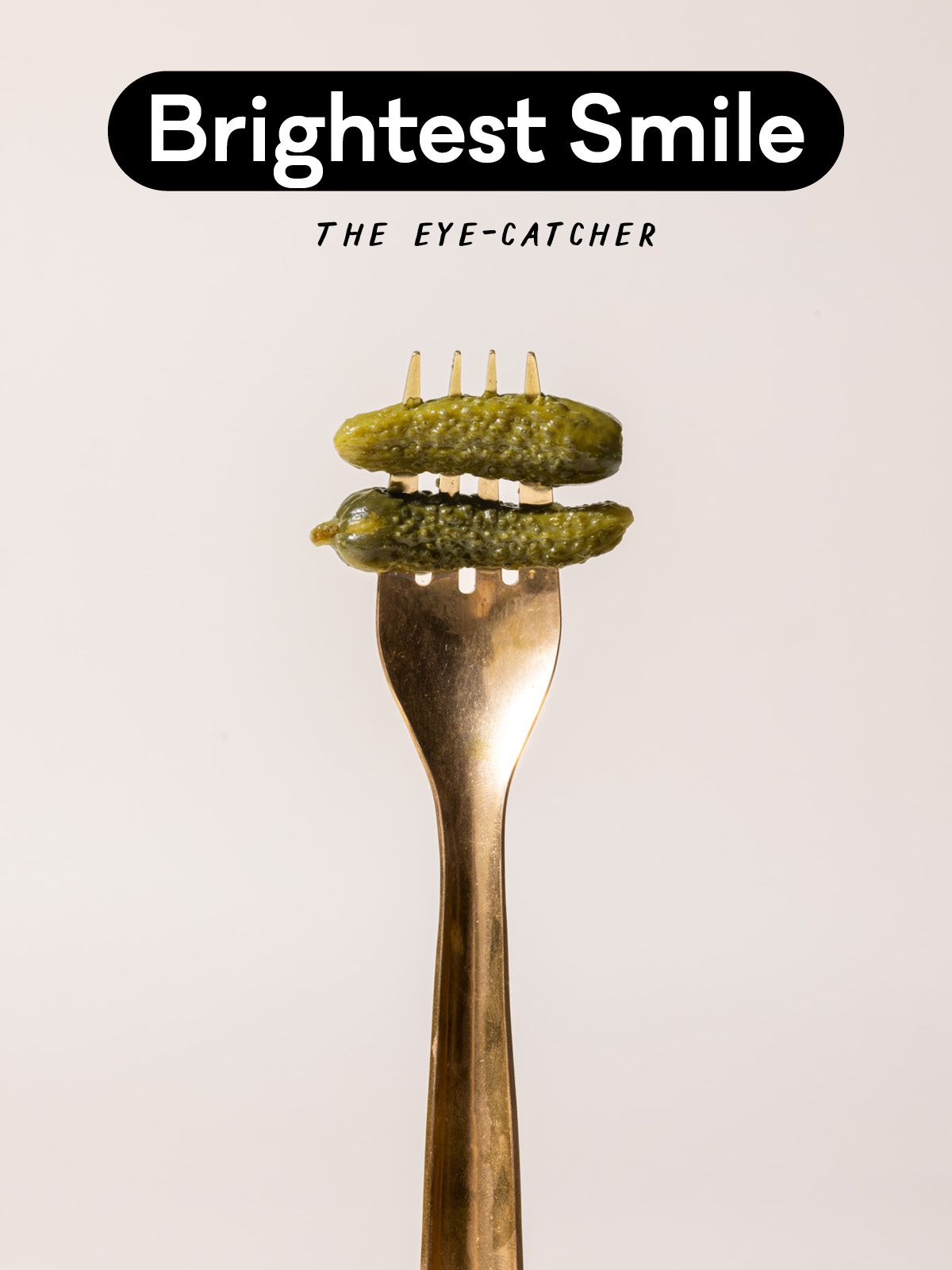
Bistrot Vintage Dune Flatware
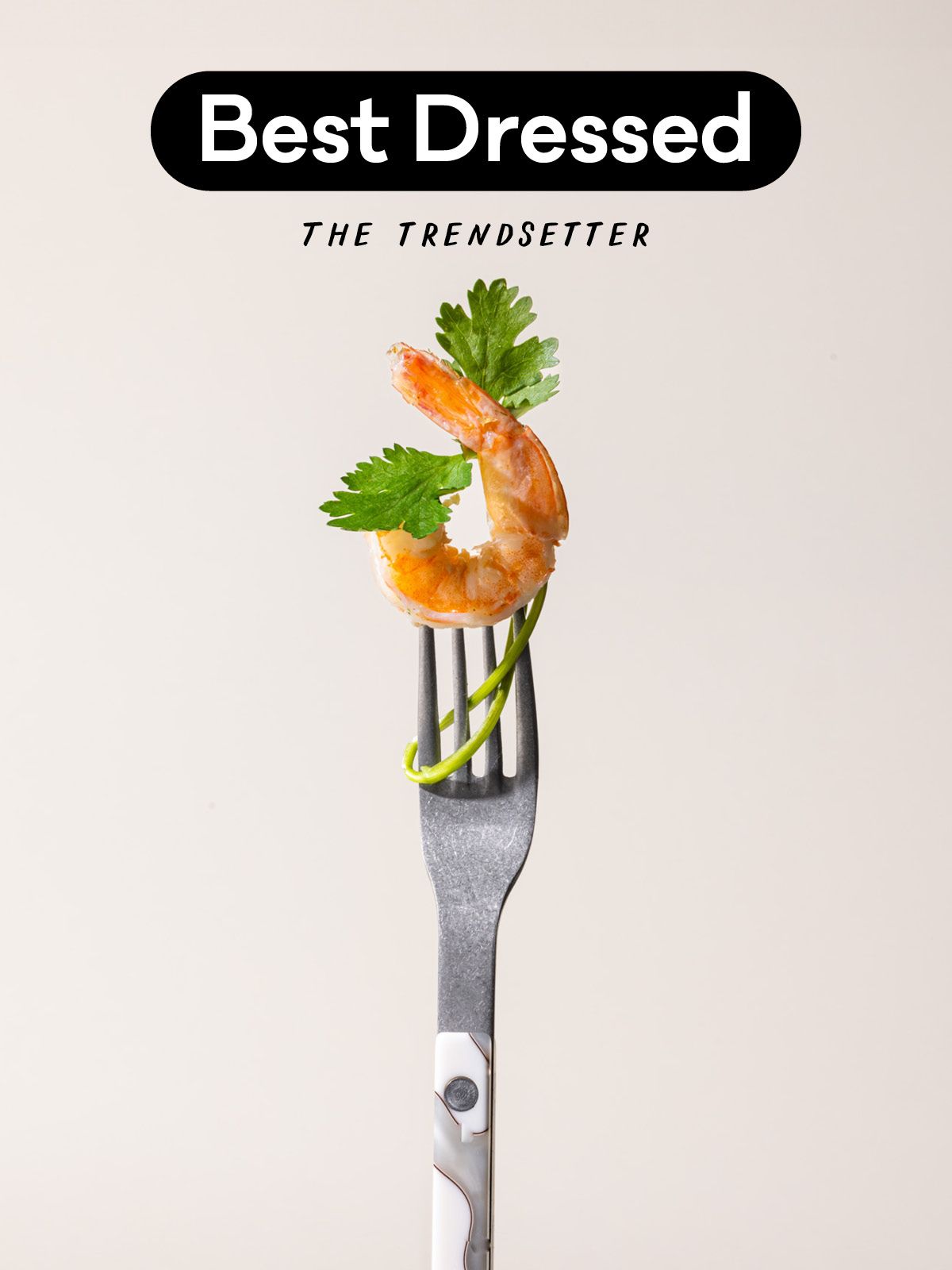
P.S. Don’t forget to pair your flatware with a serving set! They come in handy for hosting a crowd.
What Makes a Flatware Set, Anyway?
According to American etiquette, a formal place setting consists of up to 11 pieces of flatware. Since most of us don’t need an oyster fork on regular rotation, generally a 5-piece set covers our bases for nibbling a grain bowl on the couch or hosting a multi-course dinner party for friends.
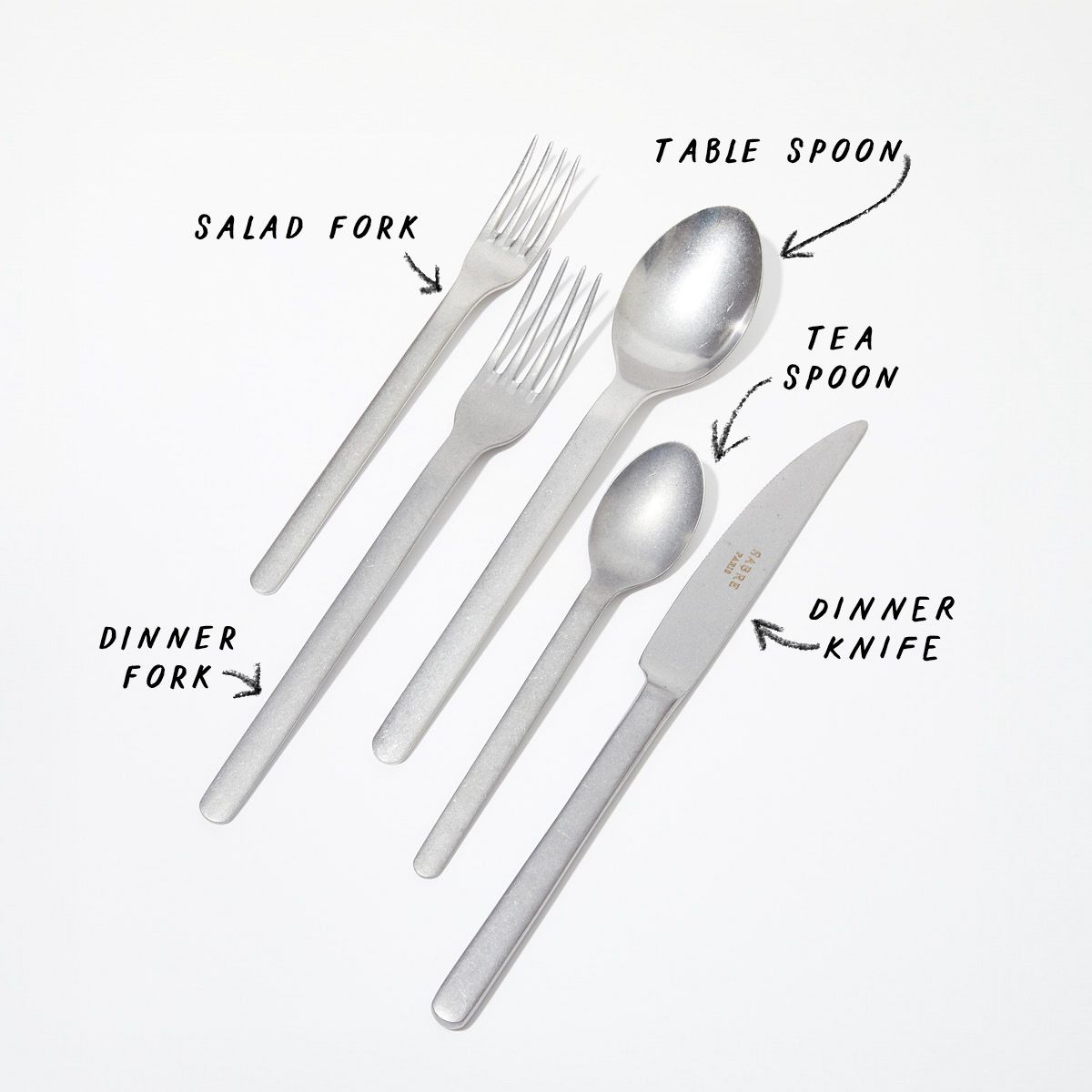
The Feel
Being the tactile-types that we are, one of the first questions we ask when approaching dinner and tableware is, how does it feel in our hands? Many of us prefer flatware with a bit of weight and heft, just like our pots. Give us a sturdy fork that’s not easily bent while we’re digging in, and we call that one of life’s simple joys.
The Look
Curious about the difference between silverware and flatware? True silverware is made from (you guessed it) silver or silverplate and requires special care. Flatware can be made from a variety of materials like stainless steel, brass, plastic, or bamboo. Stainless steel tends to be the most versatile material of the bunch, but we’re big fans of a seductive brass moment, too!
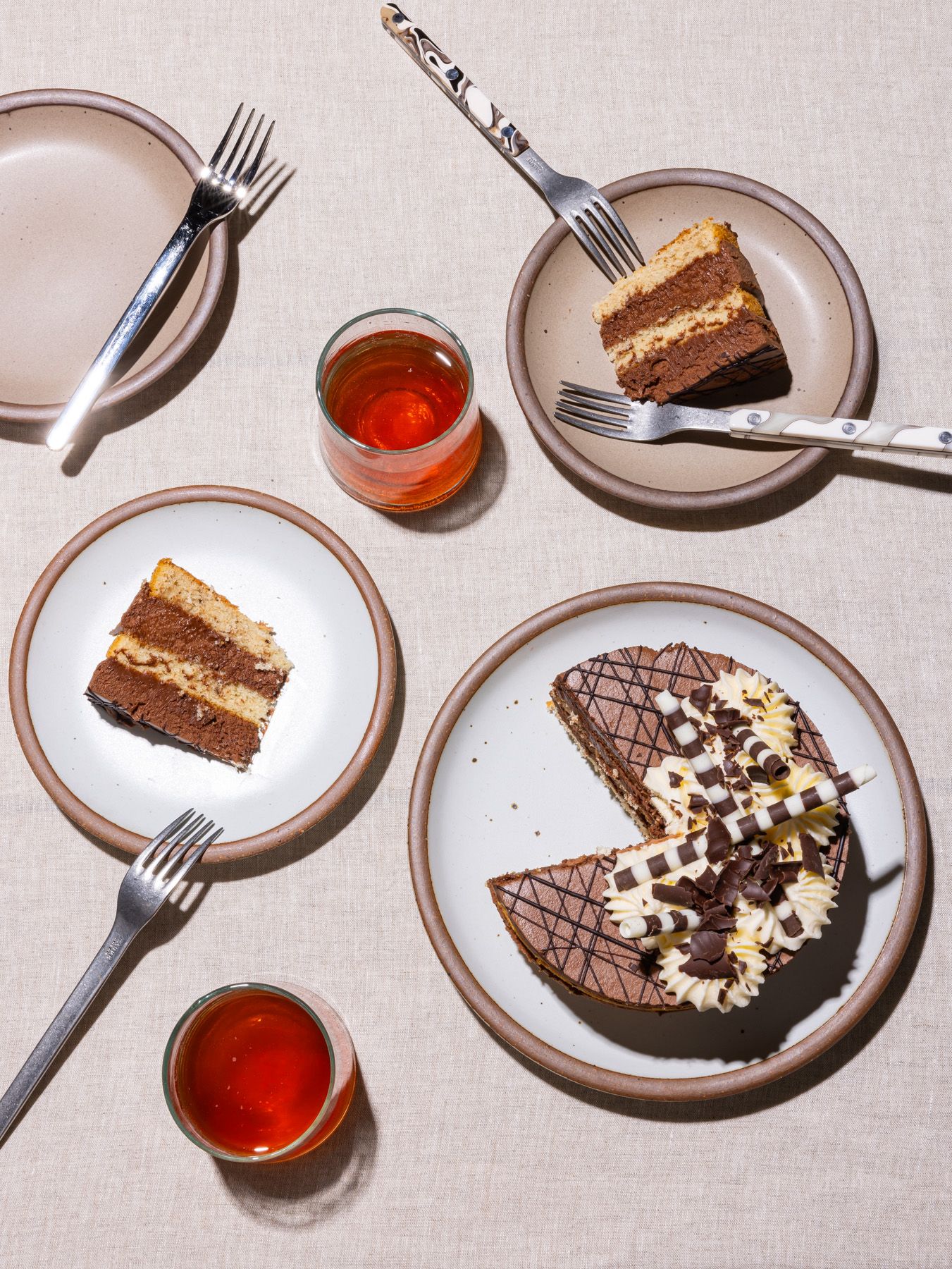
The Materials
Not all stainless steel is created equal. Case and point, 18/10 vs. 18/0 stainless steel. 18/10 stainless steel is made of 18% chromium and 10% nickel, while 18/0 contains 0% nickel. That 10% nickel makes a difference–it’s lustrous and offers more protection against erosion. 18/10 stainless steel is also sturdy and long-lasting, making it our top choice for the flatware we carry.
The Weight
Flatware weight usually falls into one of these four categories: forged, extra-heavy weight, heavyweight, and medium weight. Forged flatware is made from one thick piece of stainless steel that’s heated and then cut to form each utensil, producing a high-quality, durable piece.
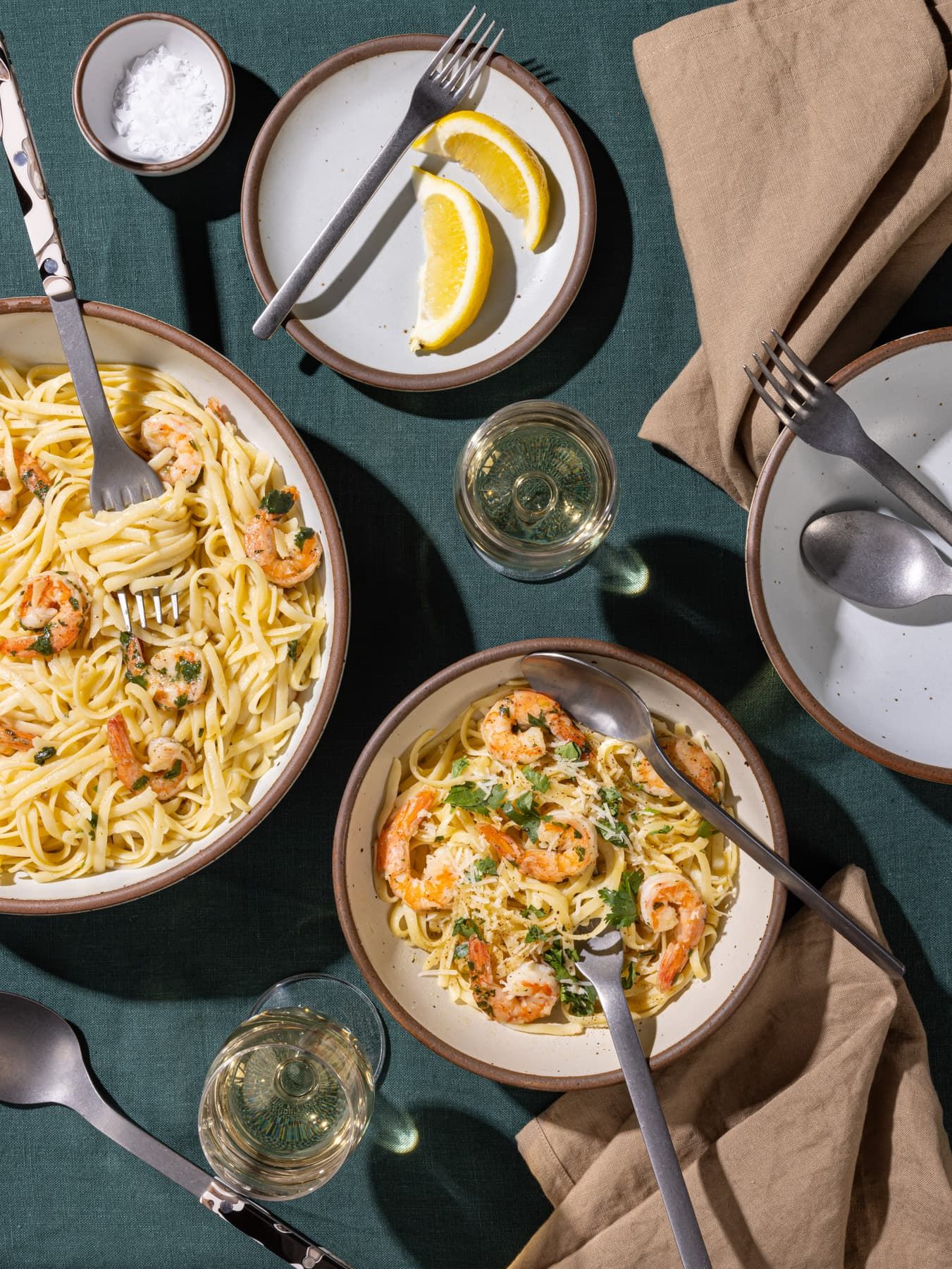
The Texture
Texture and comfort are also considerations. Do you like a smooth surface to idly run your thumb across while you eat? An acrylic handle might be the way to go. Or, do you prefer the bare elegance of stainless steel? What shape feels best to hold - rounded or angular? The little details make your flatware unique to your table and show off your sense of style.
The Finish
Typically you’ll find stainless steel flatware has two finish options: shiny or matte. The sheen of a glossy finish plays well with more formal affairs like a sit-down holiday meal or anniversary celebration. A matte finish leans in a softer, contemporary direction, and we love it for dining al fresco or laid-back Sunday brunches.
A patina can sometimes develop on certain types of metal alloys like silver, brass, or copper, and we see it as a sign that our flatware has been well-loved over the years. The oxidation that forms with age can sometimes appear as a beautiful green or brown, creating maximal vintage appeal.
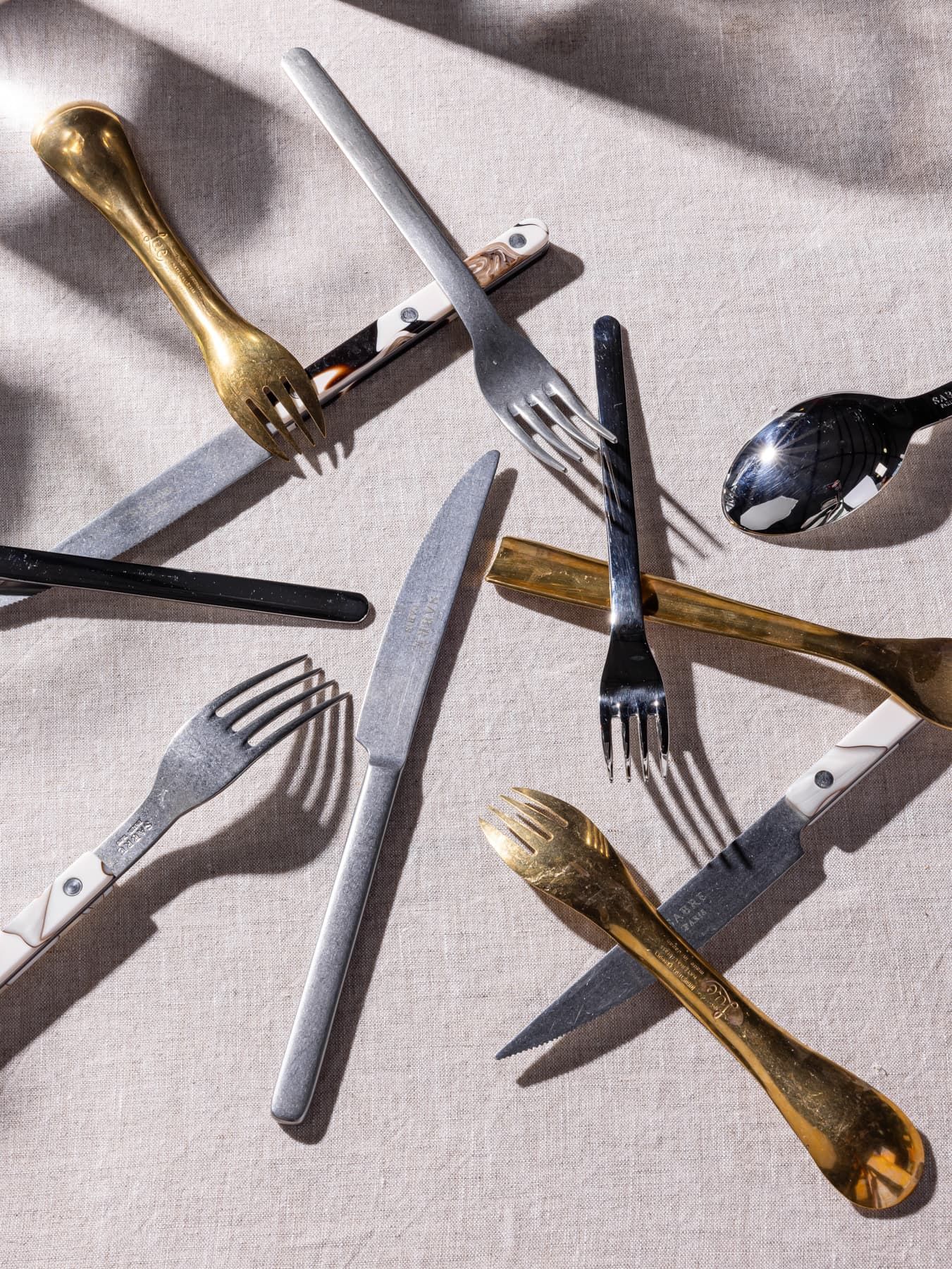
The Care
Last, but definitely not least, is what we all care about at the end of the day when we’re facing the remnants of a beautiful meal in a sink full of dirty dishes. WIll we be hand washing or throwing these puppies in the dishwasher? Some flatware sets need to be handled with care, while others stand up to the dishwasher’s intense environment.
